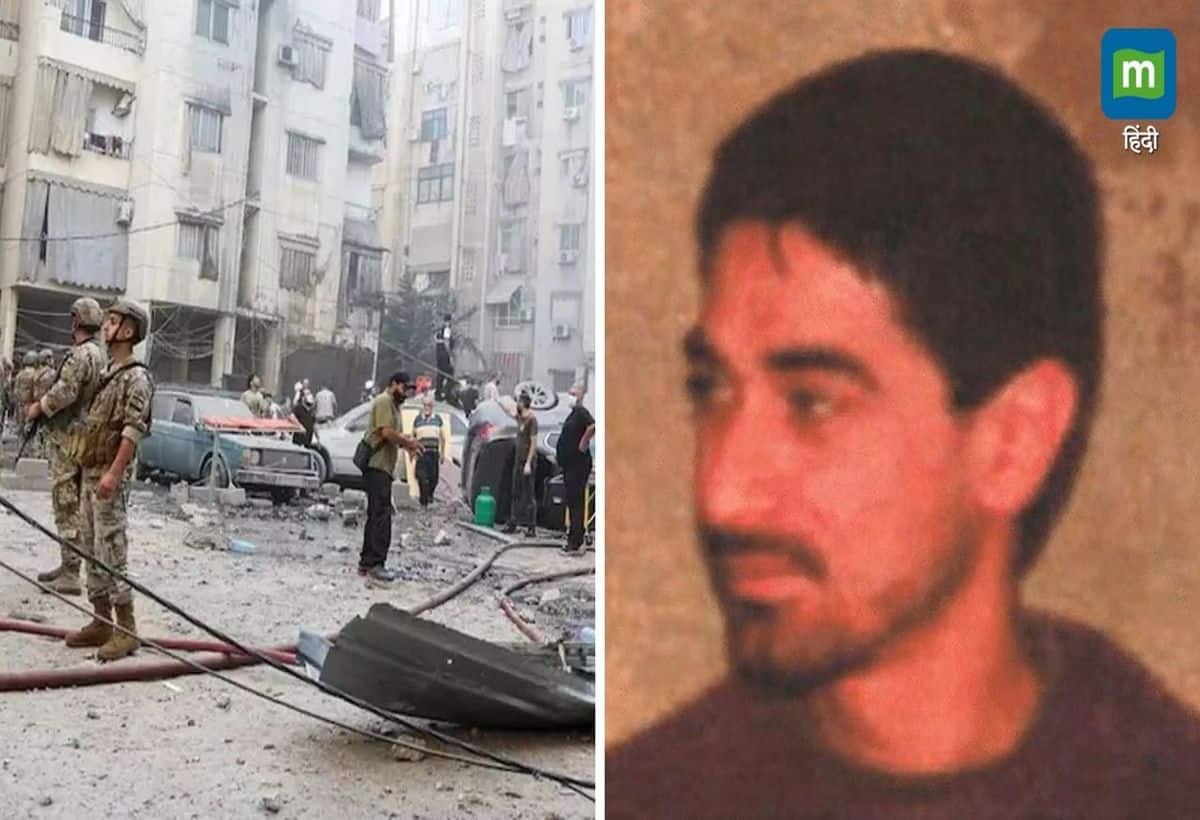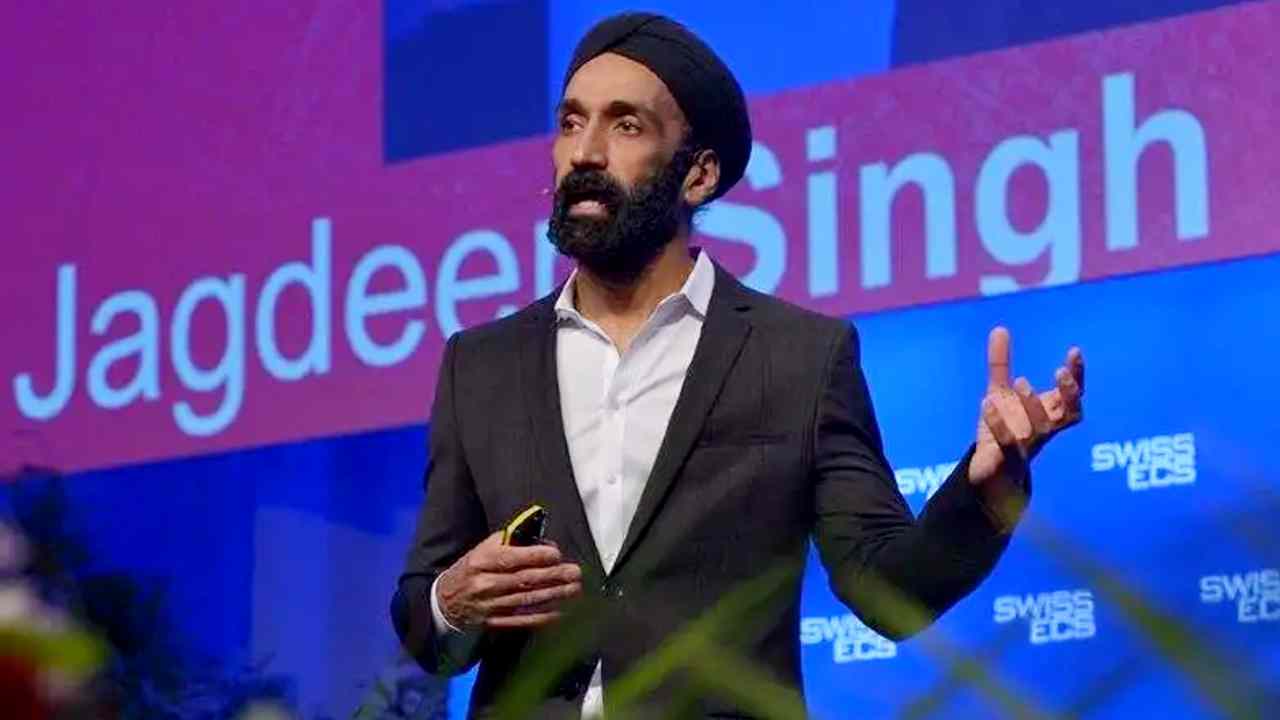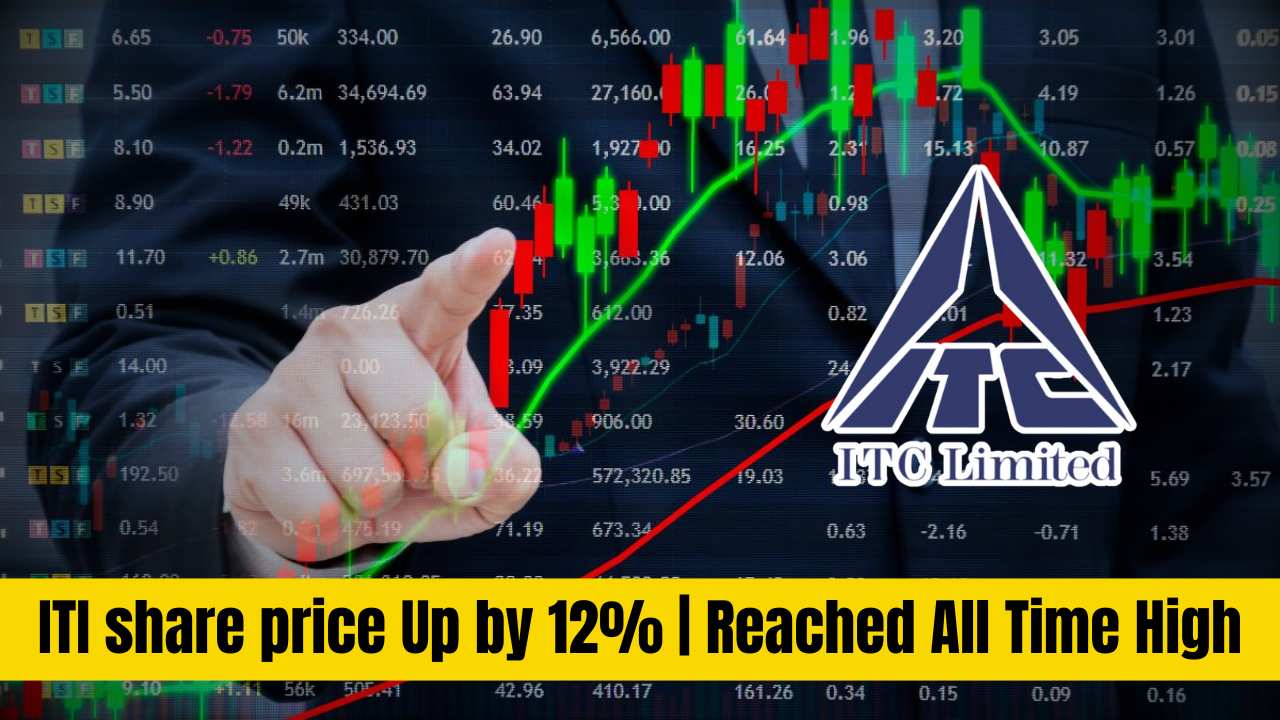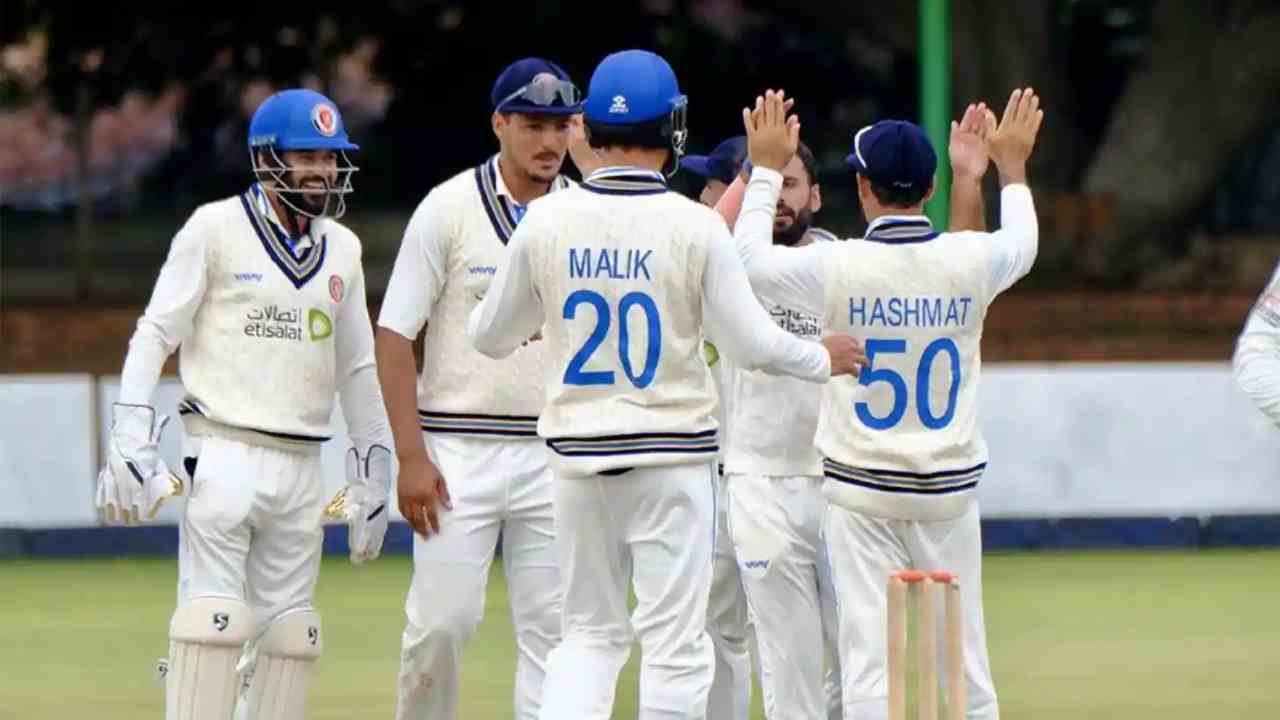Israel Conducts Airstrike on Beirut, Killing Key Hezbollah Commander
On September 20, 2024, Israel launched a significant airstrike in Beirut, targeting a meeting of Hezbollah commanders. This operation resulted in the death of Ibrahim Aqeel, a top commander of the group, along with approximately eight other senior Hezbollah leaders. The attack has led to a reported 59 injuries among civilians, intensifying the ongoing conflict between Israel and Hezbollah as part of the larger Israel-Hamas war that began on October 7, 2023.
The Attack and Its Consequences
The Israeli Defense Forces (IDF) have issued a stark warning to Hezbollah, pledging to escalate their military campaign until the militant group is entirely dismantled. According to IDF spokesperson RADM Daniel Hagari, Aqeel and the Radwan Force commanders were underground at the time of the attack, reportedly using civilian structures for protection, which raises serious humanitarian concerns regarding the use of human shields in warfare.
The Historical Context of Ibrahim Aqeel
Ibrahim Aqeel is a controversial figure in the history of Middle Eastern conflicts. Born around 1960 in the Bekaa Valley of Lebanon, Aqeel initially joined Amal, a prominent Shia political movement, before becoming a founding member of Hezbollah. His notoriety escalated following his involvement in the 1983 bombing of the US Embassy in Beirut, an attack that claimed 63 lives. The US government subsequently placed a bounty of $7 million on him, identifying him as a principal conspirator in the embassy bombing, as well as in the bombing of the US Marine Barracks that resulted in 241 American fatalities.
Impact on Hezbollah
The elimination of Ibrahim Aqeel represents a significant blow to Hezbollah. As the head of the Radwan Force, Aqeel played a crucial role in directing operations and orchestrating attacks against Israel and Western interests in the region. His death could potentially disrupt Hezbollah’s operational capabilities and command structure, raising questions about the group’s future actions and strategies in the ongoing conflict.
Escalating Dynamics of the Conflict
Following the airstrike, there has been an evident escalation in hostilities. Reports indicate that Hezbollah responded by launching over 100 rockets into Israeli territory, further exacerbating tensions. This cycle of attack and retaliation marks a critical point in the ongoing conflict, suggesting that the situation may worsen before any resolution can be achieved.
Casualties and Civilian Impact
The September 20 airstrike has not only resulted in the targeted deaths of Hezbollah leaders but has also put countless civilians at risk, underscoring the tragic human cost of this long-standing conflict. As both sides engage in military actions, the toll on innocent lives continues to mount, raising urgent calls for de-escalation and dialogue.
Conclusion
The events surrounding the recent airstrike in Beirut highlight the fraught dynamics of the Israel-Hezbollah conflict, characterized by targeted strikes, military responses, and profound implications for both groups and regional stability. As the situation develops, the international community watches closely, hoping for a resolution that prioritizes peace and security for civilians caught in the crossfire.











